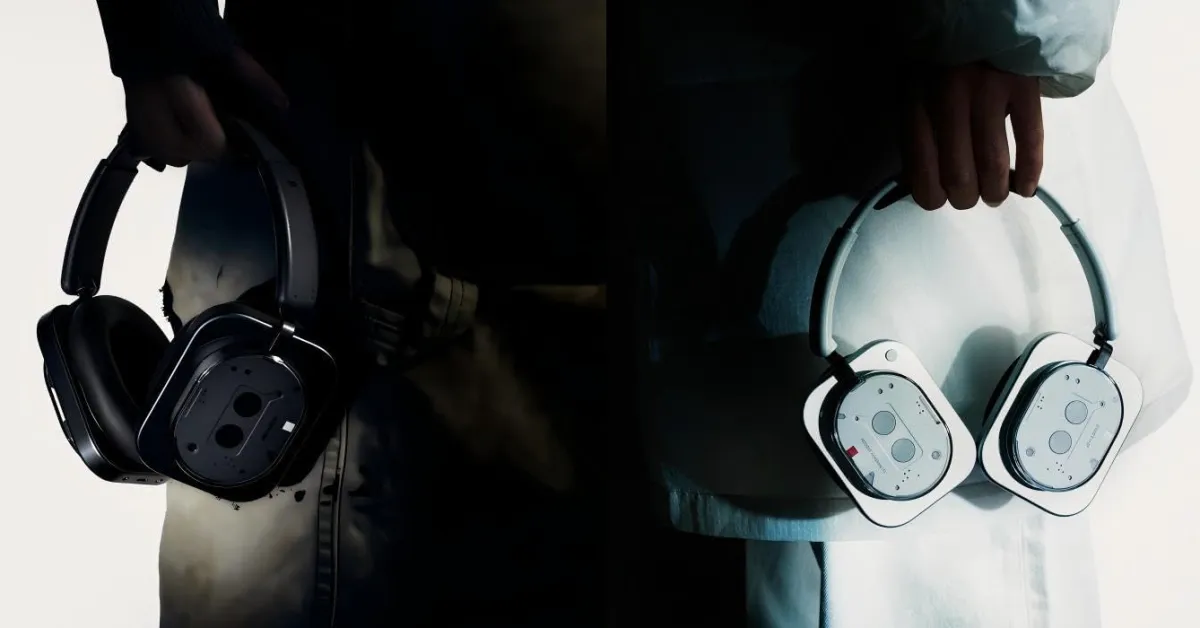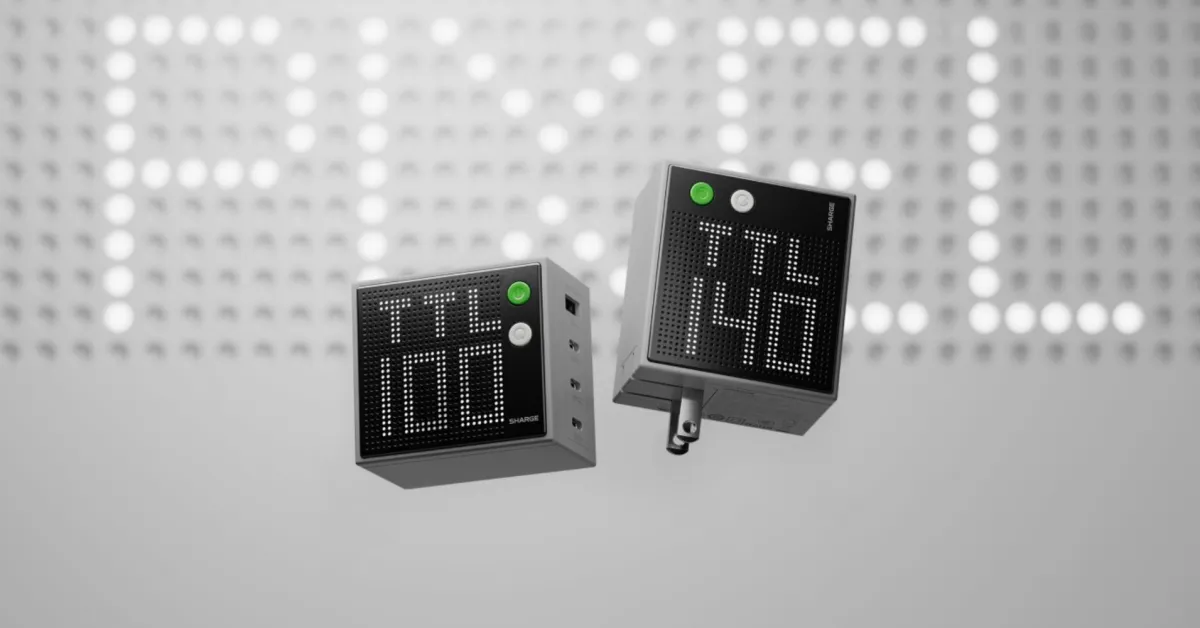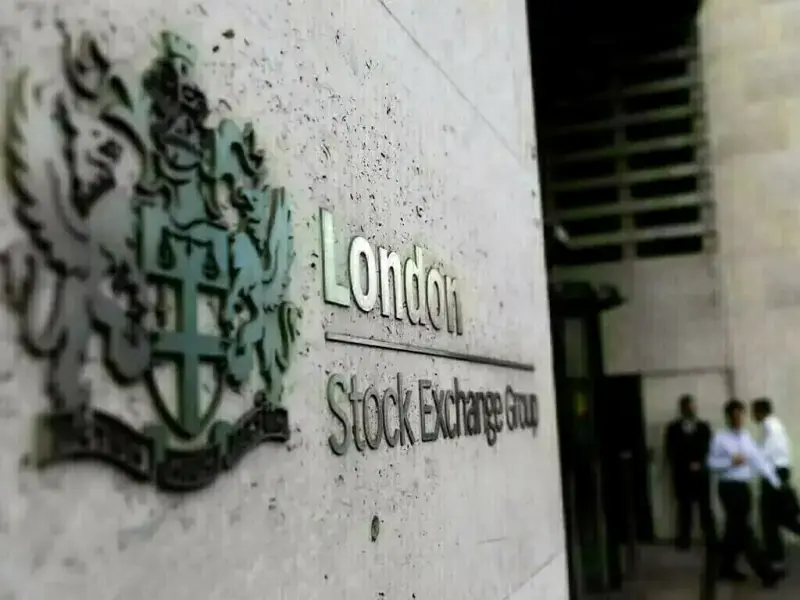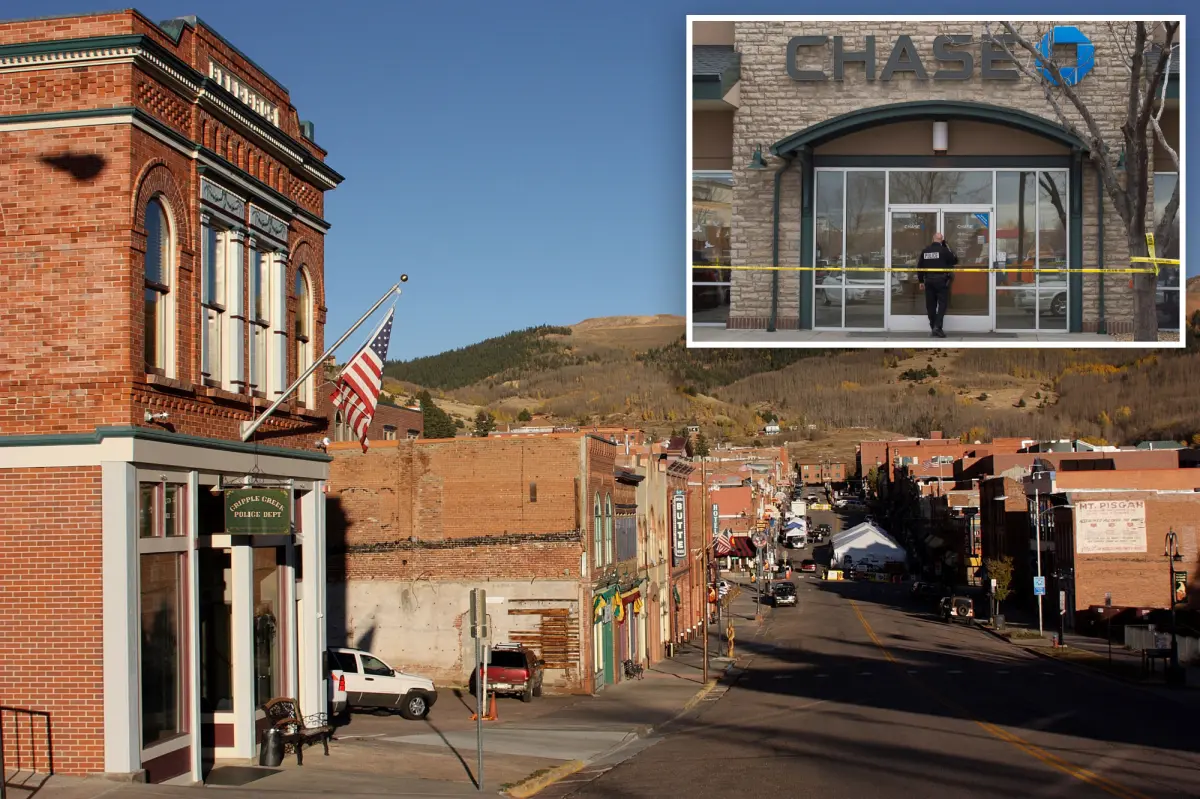Copyright Anchorage Daily News
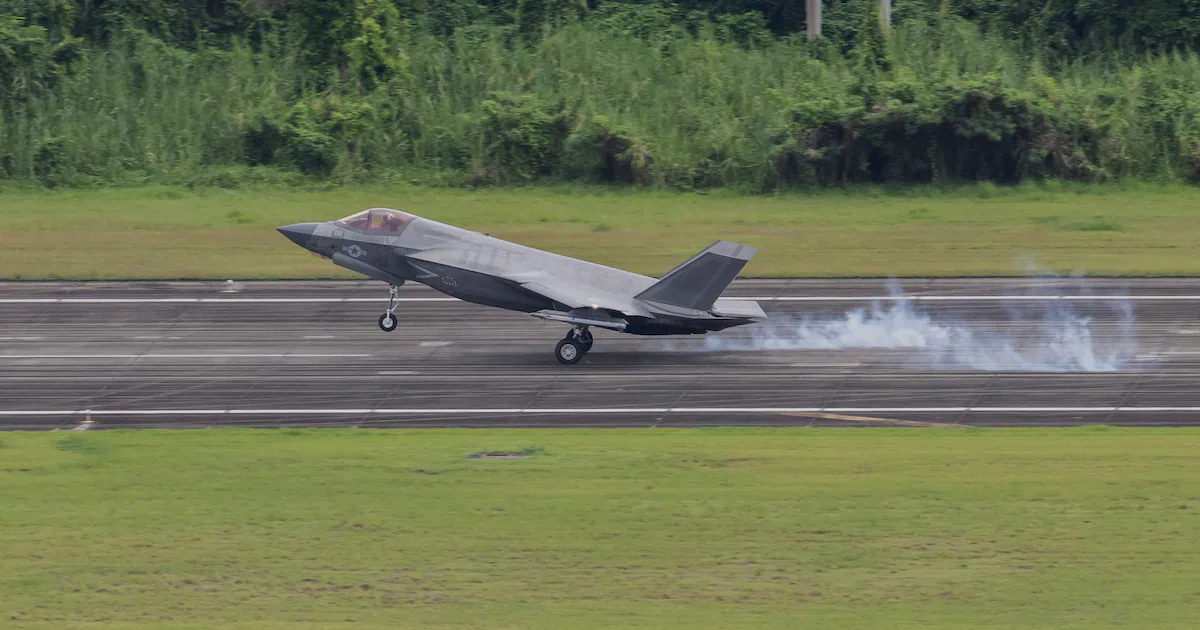
By his own count, President Donald Trump has “settled” eight wars, from the Gaza Strip to Southeast Asia, during his nine months in office. But in a place much closer to home, he now seems determined to start one. With dozens of warships and planes, and thousands of U.S. troops newly deployed to the Caribbean Sea, Trump has declared an “armed conflict” with drug trafficking groups he has designated international terrorists. U.S. air attacks have blown up at least seven boats that Trump has charged were carrying drugs to the United States in international waters from Venezuela, in the process killing dozens of alleged traffickers. He has also signed a “finding,” or authorization document, for CIA covert operations in Venezuela, and charged its president, Nicolás Maduro, with being illegitimately elected and heading a narcotics cartel. “I authorized it for two reasons,” Trump said last week. Venezuela, he said, was the “worst abuser” of “open border” policies under the Biden administration, emptying its “prisons, mental institutions, insane asylums” of migrants to the United States. “The other thing is drugs. ... We have a lot of drugs coming in from Venezuela.” Asked if he had authorized the CIA to “take out” Maduro, Trump said it would be “a ridiculous question for me to answer. But I think Venezuela is feeling the heat.” White House spokeswoman Anna Kelly referred to Trump’s public statements in response to a request for clarification of his policy in the region. She added in an email that “these decisive strikes have been against designated narcoterrorists bringing deadly poison to our shores and the President will continue to use every element of American power to stop drugs from flooding into our country and to bring those responsible to justice.” Trump has made clear his intentions to go beyond blowing up boats, saying “we’re going to stop them by land” in Venezuela. Several people familiar with internal administration deliberations said any initial land attack would probably be a targeted operation on alleged trafficker encampments or clandestine airstrips, rather than a direct attempt to unseat Maduro. Some said the U.S. deployments and boat strikes were psychological warfare to promote fractures in the Venezuelan armed forces or persuade Maduro to step down. But Trump has said nothing to dispel concerns that the United States could launch a full-scale military operation. Having declared war against narco-terrorists, and designated Maduro as the head of at least one of them, “there really is no turning back unless Maduro is essentially not in power,” said one person among those interviewed for this article who, like others, spoke on the condition of anonymity about the sensitive issue. “At the end of the day if you have authority to take out cartel runners” at sea, “you can take out the cartel boss,” the person said. The vast majority of illicit drugs entering the United States — and virtually all of the fentanyl —do not come from or through the Caribbean, but from along the Pacific coast or by land from Mexico, according to U.S. government and U.N. experts. Venezuela is generally used as a conduit for cocaine produced and trafficked by Colombian guerrilla groups — primarily the National Liberation Army, or ELN, by its Spanish initials. The Cartel de los Soles, the terrorist-designated Venezuelan group that, according to the Trump administration, is headed by Maduro, is largely made up of senior Venezuelan military and regime officials who facilitate and take a cut of profits from drug trafficking and other criminal activity. “I think we are a ways off from having a military presence on the ground” in Venezuela, said Juan Gonzalez, who served as National Security Council senior director for Western Hemisphere affairs during the Biden administration. “It doesn’t mean that they won’t use U.S. assets to try to go inside of Venezuelan territory, but it’s much easier to go after ELN safe havens ... that border Colombia [inside Venezuela] than to go inside Caracas.” While Trump’s precise instructions to the CIA are highly classified, two people familiar with the document he signed described it as authorizing aggressive agency action against the Venezuelan government and associated drug traffickers. The document does not explicitly order the CIA to overthrow Maduro, but it authorizes steps that could lead to that outcome, said the people familiar with it. The spy agency has moved to beef up its presence in the region, surging personnel to the Caribbean and surrounding area to collect human and electronic intelligence, the people familiar with the matter said. The Pentagon has already surged U.S. special operations forces into the region, including an elite helicopter unit. “The U.S. is at a turning point - Washington needs to decide what it wants,” said Geoff Ramsey, a Venezuela expert at the Atlantic Council. “The president came to office campaigning to end endless wars, but he’s found himself now championing what may be America’s longest war, which is the war on drugs.” - - - Fear of mission creep For many outside observers, including lawmakers and regional experts, it is still unclear whether Trump’s actions thus far are part of a political or military strategy designed to curtail the flow of drugs, lead to Maduro’s overthrow or be part of a broader pivot toward Latin America. “It would certainly ratchet things up if they began doing strikes on land, inside Venezuelan territory, especially if those strikes had a political purpose,” said Tom Shannon, who served in several senior State Department positions, including assistant secretary for Western Hemisphere affairs and undersecretary for political affairs during the Obama administration and for the first five months of Trump’s first term. “This is where I think the administration is going to get itself in trouble. They’re not being clear to the American people about what’s going on here,” Shannon said. “If it’s just drug trafficking, great. But they’ve got a way-oversized force and there’s an intimidation message here that is only being articulated through acts, and through the announcement of covert action inside Venezuela.” Adm. Alvin Holsey resigned last week as head of the U.S. Southern Command, less than a year into a three-year appointment, something that Shannon and others attributed to his discomfort over the Caribbean operations. Critics have argued that the strikes are violations of U.S. and international law, and that the administration has not provided sufficient evidence or credible legal justification. Neither Holsey nor Defense Secretary Pete Hegseth gave a reason for the admiral’s departure, but “you have to assume this is why he decided his career is over with,” Shannon said. “‘This is going to be my legacy? War crimes?’” More broadly, the administration has said it wants to refocus American foreign policy away from further-flung parts of the world and toward the Western Hemisphere. The forthcoming National Defense Strategy, usually produced by the Pentagon every four years, is set to make defending the U.S. homeland and the near abroad top priorities, according to multiple people familiar with the document. Those priorities are also likely to be reflected in the administration’s National Security Strategy, produced by the White House and also nearing release. The choice has rankled many uniformed military leaders, most of whom still consider China’s rapid military buildup the most pressing national security threat. Some lawmakers and regional experts doubt whether there is a strategy for the hemisphere at all, seeing instead a series of policies toward individual countries whose treatment by the administration has more to do with their fealty to MAGA policies and Trump’s personal preferences. “I think the policy in the Americas is really a mishmash right now,” said Sen. Tim Kaine (D-Virginia), who has long focused on policy toward Latin America. “We’re engaging in military action in the Caribbean, and we’re giving Argentina 20 billion bucks if their midterms turn out the right way,” Kaine told a gathering of reporters Friday. “You tell me what the through line is.” Close friends and foreign meddling Argentina will hold legislative elections next Saturday, and the government of President Javier Milei - an avowed MAGA disciple, “anarcho-capitalist” and Trump favorite - is predicted to lose seats in the midst of an economic downturn. If Milei prevails, Trump promised when the Argentine leader visited the White House last week, he’ll get the $20 billion to prop up the Argentine peso and maybe $20 billion more. If he loses, Trump said, hinting to Argentine voters that the economy’s rescue hangs in the balance, “we won’t waste our time.” The administration has praised the conservative president of Paraguay, whom Secretary of State Marco Rubio called an “extraordinary” partner last summer after that government agreed to take U.S. asylum seekers. Ecuador, which indicated a willingness to reopen a U.S. military base closed by a previous government, was promised a possible free trade agreement during a Rubio visit last month. At the same time, Trump has threatened stiff tariffs on Chilean copper, that country’s primary export to the U.S., despite an existing free trade agreement and Chile’s trade deficit with the United States. Trump hit Brazil with a 50 percent tariff after the criminal conviction of former president and Trump ally Jair Bolsonaro for plotting a coup against the nation’s current president, Luiz Inácio “Lula” da Silva. But after a brief handshake with Lula at the United Nations last month, Trump proclaimed they had “excellent chemistry” and a future sit-down was in the works. Lula, Chilean President Gabriel Boric and Colombian President Gustavo Petro are leftists nearing the end of their terms. Last weekend, Petro accused Trump of a military attack on a fishing boat in Colombian waters and killing a Colombian citizen. In response, Trump said he was cutting all U.S. aid to Bogotá - whose military and intelligence relationship with the United States has been the closest in Latin America - and would likely impose crippling tariffs. Calling Petro “a lunatic” and “an illegal drug leader,” Trump said on social media that if he didn’t clean up Colombia’s illicit cocaine production, the United States would do it for him “and it won’t be done nicely.” Cuts in military assistance to Colombia risk a vital intelligence partnership just as the U.S. ramps up military activity in the region, Gonzalez said. “It’s not going to punish Petro,” he said, and may actually improve his weak domestic standing. “Trump may have just given him a platform to be a popular former president who stood up to the United States, which is what Petro is looking for.” In Venezuela, the government has continued to attack political opponents and protesters, while mobilizing troops to coastal areas and, according to Maduro, enrolling 8 million people in civilian militias. The CIA had organized “all the coups d’état in Latin America ... and presidents assassinated,” Maduro said after learning of Trump’s CIA authorization. Speaking on state television, Defense Minister Vladimir Padrino said he didn’t want to alarm people, “but I do want to warn the population that we have to prepare, because the irrationality with which U.S. imperialism acts is not normal.” “This is the first time we have indicators that they are taking this threat seriously,” said Andrei Serbin Pont of the Latin American research group CRIES. “They understand that conventional capacities don’t stand a chance” against a possible U.S. intervention. Even with purchases and contributions from Russia, China and Iran, Venezuela’s military is outdated and unused to combat. “The logic behind Venezuelan military purchases was to send ideological messages” rather than accessing the best technology, said José Gustavo Arocha, a retired Venezuelan army lieutenant colonel now living in the United States. “In the end,” Arocha said, “what is truly relevant, and why the regime is a threat, is its asymmetric capabilities in intelligence, infiltration, buying favors and disinformation.” Any Venezuelan response “is unlikely to present a significant impediment to U.S. forces,” Geoffrey Corn, a retired Army officer and director of Texas Tech University’s Center for Military Law and Policy, wrote on the War on the Rocks website. But “what began as a limited action against a handful of alleged drug smugglers could quickly expand to an interstate war, regime change ... and all the second and third order consequences the United States has experienced that are often harder to address than defeating the enemy in battle.” For now, Trump seems unconcerned by Venezuela’s defense preparations. Videos distributed by Maduro’s government show civilians, many of them older, being trained to repel an invasion. He reposted one on his Truth Social media account, showing a woman running awkwardly with a long gun in her hands. “Top Secret,” Trump wrote. “We caught the Venezuelan military training. A very serious threat!” - - -
